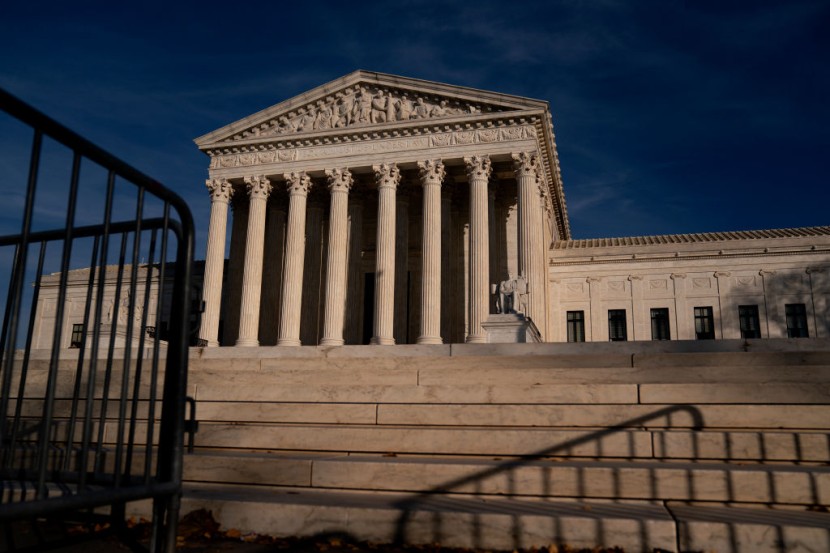
The next president of the United States with the most electoral votes will win. However, only Congress can declare the winner if there is total agreement.
This recent electoral exercise saw one of the most challenging results in several swing states and others that cast their electoral college votes. Results are now under question as to whether they are legal or not. But as they are now considered part of the ballot, they by no means do not make the one with 270 votes the president.
Placing votes in the college, choosing who will be the electors in Congress on January 6, 2021 won't be easy because there is another layer to ensure the rightful winner wins the U.S elections. Once everyone has agreed, the votes will be counted in the Lower House to declare the winner, reported The Epoch Times.
Joint session in Congress
What will happen in Congress? Can President Trump prevail despite the electoral votes? With the joint session coming soon after all new members of Congress are officialized, much can happen. Especially for the majority party.
In the House will be four people who are ready to file objections during the session; they are Republicans Mo Brooks (Ala.), Marjorie Taylor Greene (Ga.), Barry Moore (Ala.), and Bob Good (R-Va.). All are committed to giving Trump four more years.
If the choice is acceptable to all, then there will be no objections to the electoral votes, but then the current electoral process has not been adequate. All objections must be in writing with one representative, including a senator. Sources say that no senator has signified the intention to object.
Also read: Michigan Poll Observer Claims Military Ballots Were Xerox Copies Marked Biden
In 2016, the DEMS were not okay with the victory of Donald Trump over Hillary Clinton by a good lead. No senator supported their objection, and Trump won. During 2004, Rep. Stephanie Tubb Jones (D-Ohio) and Sen. Barbara Boxer (D-Calif.) did not agree with the Ohio vote; they were objected to by the upper and lower House.
One source for most objections is voted by electors that are cleared or lawfully certified (swing states in the 2020 election) or contested by another party. In some cases, it might be anomalies in election laws or means to obtain it, according to the Congressional Research Service.
All objections should have all the requirements with the joint session stopped; both chambers will debate if it will be accepted or rejected by the majority. Both the upper and lower House must agree to negate the electoral vote. Or another alternate slate is accepted instead.
Success is considered impossible by some experts. It is subject to debate by those for or against the contesting of the 2020 election results. Especially by the progressives and liberals, but it might.
According to Alan Dershowitz, a constitutional law scholar who told NTD TV via email, saying the two houses will not approve objections. But as the media wants to project a narrative, others disagree.
One comment remarks that Congress's joint session will be no holds barred from disputing what slate of electors will be counted. The evidence will be weighty on which is the cleanest slate, not the most disreputable on hand.
In 1877, a deadlock was resolved by Rutherford Hayes, a Republican, by handing electoral votes to the winner of the 1877 elections.
Related article: Audit Reports High Error Rate That Should Be Accounted for Dominion's Adjudication
© 2026 HNGN, All rights reserved. Do not reproduce without permission.








